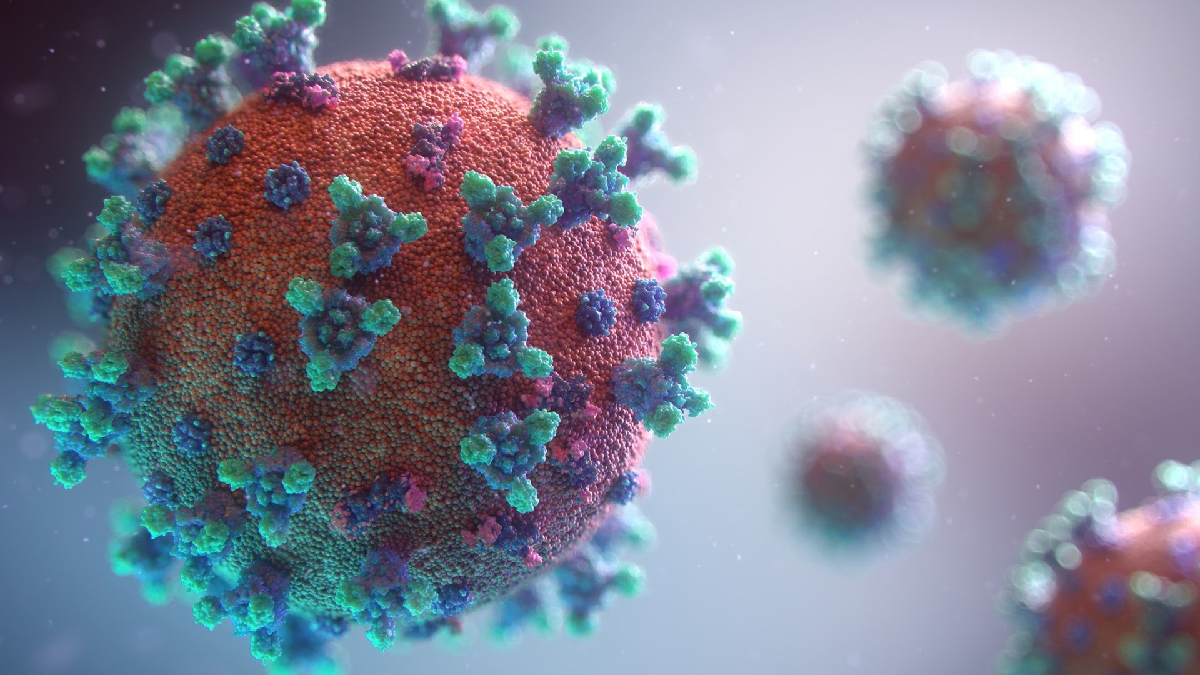


The Union Health Ministry on Friday said that India was witnessing 68 percent decline in daily caseload as compared to peak reported in early May.
“If we analyse data in comparison to 7 May highest reported peak, we are recording a 68 percent decline in daily cases. 66% of new cases are coming effectively from 5 states and the rest are coming from 31 states/UTs which indicates that we’re able to control the virus locally,” the ministry said in a daily news briefing.
The Health Ministry officials said while 538 districts were reporting over 100 cases everyday between 29 April and 5 May, the number reduced substantially between 27 May and 2 June. According to the ministry, only 257 districts were now reporting over 100 cases every day.
The active cases, which grew exponentially in the country during the second wave of Covid-19, pushing the country’s health infrastructure to the brink of collapse, has also seen a relieving dip of around 56 percent.
While India had 37,45,237 active cases on 10 May, the tally has now plunged to 16,35,993, marking a decrease in active cases by 21 lakh, as per the Union Health Ministry officials.
In a huge sigh of relief, the country’s weekly positivity rate has seen a steady downslide even as testing increased multifold in the last four weeks. While between 30 April and 6 May, the country’s weekly positivity was 21.62%, it fell to 7.27% between 28 May and 3 June.
On 4 June, India reported 132,364 new coronavirus infections, while deaths rose by 2,713, taking the cumulative death toll at 340,702.
The cumulative number of Covid-19 vaccine doses administered in the country exceeded 22.75 crore as per the 7 pm provisional report on 4 June
According to a statement issued by the Health Ministry, 16,23,602 beneficiaries of the age group 18-44 years received their first dose and 31,217 beneficiaries of the same age group received their second dose of Covid vaccine on Friday.
On inoculating persons below 18 years, the sources placed in the Health Ministry said that a timeline of 8 weeks have been finalised for Bharat Biotech to conduct clinical trials related to children. This development came in the backdrop of apprehensions over possible third wave, which many experts are warning that it might affect children contrary to the first two waves.
Meanwhile a study has revealed that the “more infectious” Delta variant, which was first detected in India, is the reason behind the second wave of the Covid-19 pandemic. The Delta variant or the B.1.617.2 strain is “more infectious” than the Alpha variant which was first detected in Kent, UK, stated the study carried out by scientists of Indian SARS-CoV-2 Genomic Consortia (INSACOG) and National Centre for Disease Control (NCDC). The study further said, “It has been found that the Delta variant is, in fact, 50 per cent more contagious than the Alpha strain.”
The public health information shared with states said that the Delta variant is present in all states, but has infected people mostly in Delhi, Andhra Pradesh, Gujarat, Maharashtra, Odisha and Telangana, which were the worst hit in the second surge.
According to the study, “The B.1.617 lineage of SARS CoV-2 has been first reported from Maharashtra but now seen in other states like West Bengal, Andhra Pradesh, Delhi, Gujarat, Telangana.”
However, the study also states that the role of the Delta variant in more deaths and severity is not proved.
To add to the worry, another research published in The Lancet journal said that people fully vaccinated with the Pfizer-BioNTech vaccine are likely to have more than five times lower levels of neutralising antibodies against the Delta variant. The study also shows that levels of these antibodies that are able to recognise and fight the virus are lower with increasing age, and that levels decline over time, providing additional evidence in support of plans to deliver a booster dose to vulnerable people.
The Lancet study supports current plans in the UK to reduce the dose gap between vaccines since they found that after just one dose of the Pfizer-BioNTech vaccine, people are less likely to develop antibody levels against the B.1.617.2 variant as high as those seen against the previously dominant B.1.1.7 (Alpha) variant, first found in Kent.
The researchers found that in people who had been vaccinated with two doses of the Pfizer-BioNTech vaccine, levels of neutralising antibodies were more than five times lower against the B.1.617.2 variant when compared to the original strain, upon which current vaccines are based. This antibody response was even lower in people who had only received one dose, they said.
WITH AGENCY INPUTS